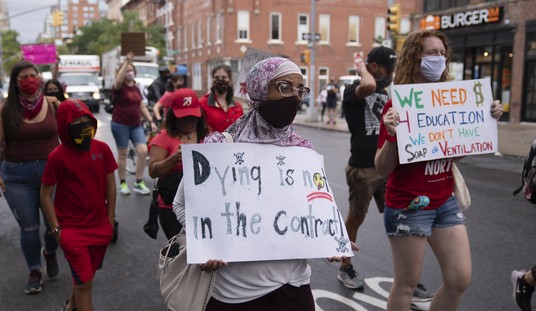ARLINGTON, Va. — Since beginning their advance on the Islamic State’s capital a little more than two weeks ago, the Syrian Democratic Forces are now within about 12 miles of Raqqa, the Pentagon said today.
The operation called Wrath of Euphrates is being waged by nine armed groups under the SDF umbrella including Kurds, Arabs, Assyrians and Armenians, and the force pressing down on Raqqa is reportedly between 30,000 to 40,000 strong with 80 percent of the fighters originally from the city. The SDF said they’re picking up new soldiers along the way, including more than 200 fighters from two prominent Arab tribes north of Raqqa this week. Displaced civilians in areas of fighting are being moved to secure areas in northern Syria.
Defense Department press secretary Peter Cook told reporters today that SDF forces “continue to seize and clear territory north of Raqqa in preparation for that city’s isolation and eventual liberation.”
“Those SDF forces are now 20 kilometers from Raqqa. The SDF has essentially closed a pocket of ISIL forces now encircled by their advance and they are clearing that pocket in preparation for future operations,” Cook said, adding that “in the last 24 hours, the coalition has conducted 11 strikes delivering 35 munitions in support of the SDF’s drive on Raqqa.”
Not all is going well, though. Turkish forces and Ankara-backed Free Syrian Army forces have been attacking around Manbij, a city of about 100,000 liberated from ISIS by the SDF in August. Turkish President Recep Tayyip Erdogan said in a speech today that they want all Kurdish YPG/YPJ forces out of the area.
SDF leaders reportedly have told the international coalition fighting ISIS that they will freeze the offensive on Raqqa unless Turkey stops attacking Manbij. The SDF said Turkish airstrikes killed six civilians north of Manbij today, including children.
The U.S. is counting on the SDF forces to choke ISIS in their capital, in what’s expected to be the toughest battle of the anti-ISIS campaign in the group’s last stand.
“We remain very engaged with our Turkish ally. They’re a member of the coalition,” Cook said today. “In terms of trying to best coordinate the fight against ISIL, we’ll continue to do that. It’s an ongoing conversation with them. They have legitimate security concerns, given the threat posed to Turkey by ISIL, and we will continue to work closely with our Turkish counterparts with regard to that.”
“And there are tensions in the area. We understand those tensions,” he added. “We understand the concerns expressed by Turkey. And we’re going to continue, as the leader of the coalition, to work with our partners on the ground to try and deconflict operations as best we can and to try and address those tensions head-on and make sure that the focus stays directly on ISIL.”
Cook noted that there there “are local forces in Manbij now that are securing Manbij against the threat of ISIL returning, and we’ll continue to address Turkish concerns about the makeup of those forces.”
“But we heard very publicly the announcement from the YPG that they were moving east of Euphrates. That’s consistent with the commitment that’s been made previously and we think that’s a good thing. That’s what we’ve called for and will continue to call for.”
He added that “there are some Kurds from Manbij itself, and in some cases, it’s the view — as to who those local forces are in Manbij, there may be differing views as to who — what groups they represent.”
Cook said taking back Mosul and Raqqa, while significant achievements, are alone “not sufficient to dealing with the ISIL threat.”
“That’s why we have to deal with the metastasis of ISIL in places like Libya, in places like Afghanistan. Elsewhere, it may pop up — they may pop up around the world,” he said. “…But it will be a different kind of threat, a different kind of challenge, and maybe less military at that point.”
Lt. Gen. Stephen Townsend, the commander for U.S. operations in Iraq and Syria, warned last month that there was an urgency to taking Raqqa as “an external plot” for a terror attack is being fomented in the ISIS capital.
“There’s an imperative to get isolation in place around Raqqa because our intelligence feeds tell us that there is significant external operations attacks planning going on, emanating central in — centralized in Raqqa,” Townsend said.
Pressed on what that external threat could entail, Townsend said he didn’t want to discuss specific intelligence but “we actually aren’t sure how pressing it is, and that’s what’s worrying us.”
“So we’re not sure, we know they’re up to something. And it’s an external plot, we don’t know exactly where, we don’t know exactly when.”









Join the conversation as a VIP Member